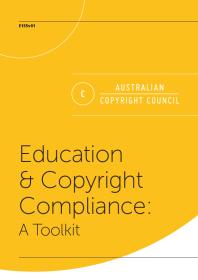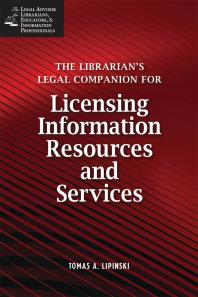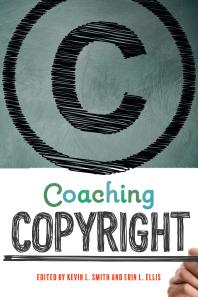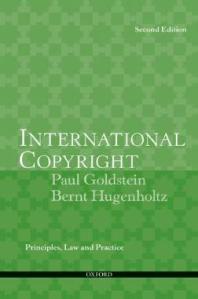Again, it's important to read about Fair Use, the Teach Act, and Classroom Use Exception - in the main menu above under Copyright Law. But if you're looking for an overview of copyright law itself without reading the entire .pdf above, here are some guiding points:
-
Copyright Term and The Public Domain
A guide to copyright duration created by Peter Hirtle at Cornell University, is a comprehensive and useful resource for researching a work's copyright status.
Copyright may be an issue when dealing with:
- Journal articles, or excerpts from them
- Books, or excerpts from them
- Databases and electronic journals
- Musical works, scores, lyrics, and sound recordings
- Pictorial/graphic works, art, sculpture, photographs
- Audiovisual works, motion pictures, videos, video games
- Computer software
Copyright is probably not an issue when dealing with:
- Your lecture notes
- Your course syllabi/reading lists
- The problem sets you’ve developed for your courses
- The tests you’ve created for your courses
- Publications of the US Government
- Published works for which copyright has expired or does not apply, i.e. works in the Public Domain
How do works get copyrighted?
Under U.S. law, works are protected by copyright automatically at the time of their creation. You are not required to put a copyright notice on the work (e.g. © FSCJ 2017), to register the work with the U.S. Copyright Office, or to publish the work.
Although providing a copyright notice is not legally required, it can be a good idea to include one anyway if you are making your work publicly available. A copyright notice should provide a way for people who want to use your work to contact you, such as: "© 2017 [name]. For permissions and questions contact [address/email]."
Who owns the copyright to a work?
In most cases, the author or creator of the work is the copyright holder unless they have transferred the rights to someone else through a written agreement, such as a publishing agreement.
If the work is created as part of a person's employment, it may be a "work for hire," meaning that the employer is the copyright holder. In the university setting, faculty writings and other "traditional works of scholarship," such as syllabi and lecture materials are typically not considered to be works for hire.
If two or more people together create a work, they are joint holders of the copyright. Joint owners each have an equal right to exercise and enforce the copyright.
How can I tell if a work is still under copyright? How long does copyright last?
Depending upon when a work was created, it is subject to different requirements regarding copyright notice and registration, as well as different copyright terms. Under current U.S. law, copyright lasts until 70 years after the death of the author. For works made for hire, the copyright term is either 95 years from the date of publication, or 120 years from the date of creation, whichever is shorter.
After the copyright term expires, works pass into the public domain, meaning that anyone is free to reproduce, distribute, or otherwise re-use the work. Also, for example, before 1978 U.S. law required that works be published with a notice of copyright to receive protection. Failure to comply with this requirement would result in the work being in the public domain.
As a general rule, works registered or published in the U.S. before 1923 are in the public domain.









